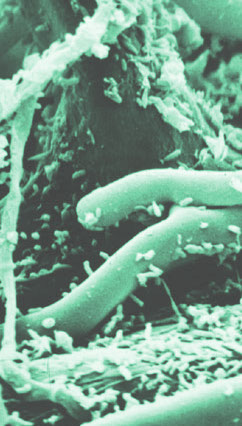Bacteria risk detailed in NT
 NT WorkSafe wants Territory workplaces to enhance protection against melioidosis.
NT WorkSafe wants Territory workplaces to enhance protection against melioidosis.
Authorities have issued a call to action in the wake of a Darwin landscaping worker's recent melioidosis diagnosis.
The worker at a Darwin landscaping company sought medical attention for persistent back pain on 23 January, which was subsequently identified as melioidosis, a serious bacterial disease.
Reports suggest the worker was engaged in gardening activities shortly before the onset of symptoms. However, the incubation period of the disease complicates pinpointing the exact location of contraction.
The worker is currently undergoing treatment, which includes a regimen of intravenous antibiotics.
Melioidosis is caused by the Burkholderia pseudomallei bacteria, prevalent in the tropical climates of Northern Australia.
It poses a heightened risk during the wet season, from October to April, when heavy rains can surface the bacteria in soil and water.
The disease can infiltrate the human body through cuts, abrasions, or inhalation, presenting a significant hazard to individuals working in environments where such exposure is possible.
NT WorkSafe has issued a stern reminder to employers and workers about the importance of adopting rigorous safety measures to mitigate the risk of melioidosis.
Key recommendations include conducting thorough Hazard Identification, Risk Assessment and Control (HIRAC) processes, equipping workers with personal protective equipment (PPE), ensuring access to adequate washing facilities, and providing comprehensive training on potential risks and preventive practices.
Employers are urged to pay particular attention to workers with pre-existing conditions like diabetes, kidney, and lung diseases, as these conditions can elevate the risk of contracting melioidosis.







 Print
Print